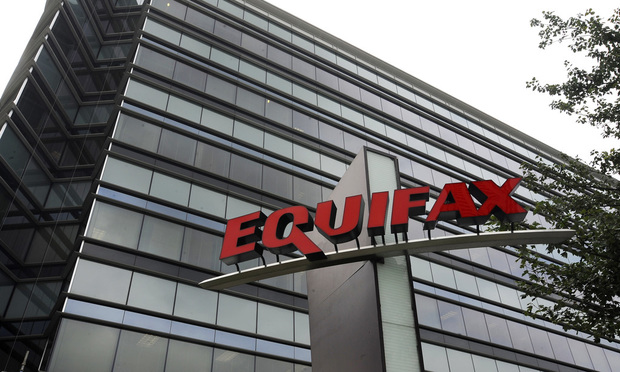2. It’s not just quarterly financial reports that should trigger trading “blackout.” It is common for companies to prevent directors, executives and others involved in the financial reporting process from trading during a pre-established time period leading up to a quarterly filing.
But companies shouldn’t stop there, Hoang and Tygesson wrote in their article. In addition to restrictions around the time of quarterly filings, they wrote, companies should provide event-specific blackout periods when material nonpublic information—a data breach, for instance—is known internally but not yet disclosed.
Beyond issues with insider trading, any stock sales by employees could force a company to disclose a material event earlier than it would prefer, the Dorsey & Whitney team wrote.
Here’s what Hoang and Tygesson had to say: “The importance of event-specific blackout periods cannot be understated. The anti-fraud provisions of the federal securities laws generally do not impose an affirmative duty on public companies to disclose material inside information unless, among other things, the company or its insiders are trading in the company’s securities. Therefore, trading by insiders essentially forces a company to disclose material inside information at a time when it may be disadvantageous to the company and would not have otherwise been required.”
3. Freshen up on insider-trading compliance protocols. Compliance with insider-trading policies can get tricky. Hoang and Tygesson said companies should name a point person—the general counsel, for instance—to answer any questions. And at least once a year, directors and executives should be reminded about trading restrictions, including the scheduled blackout periods. Those restrictions might also be necessary for consultants and contractors. “Periodic educational sessions for the various classes of individuals subject to the insider trading policy are advisable,” Hoang and Tygesson wrote.




